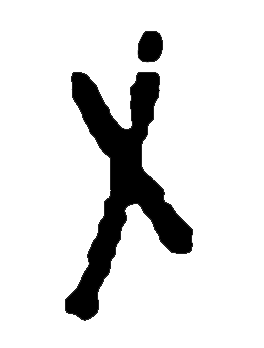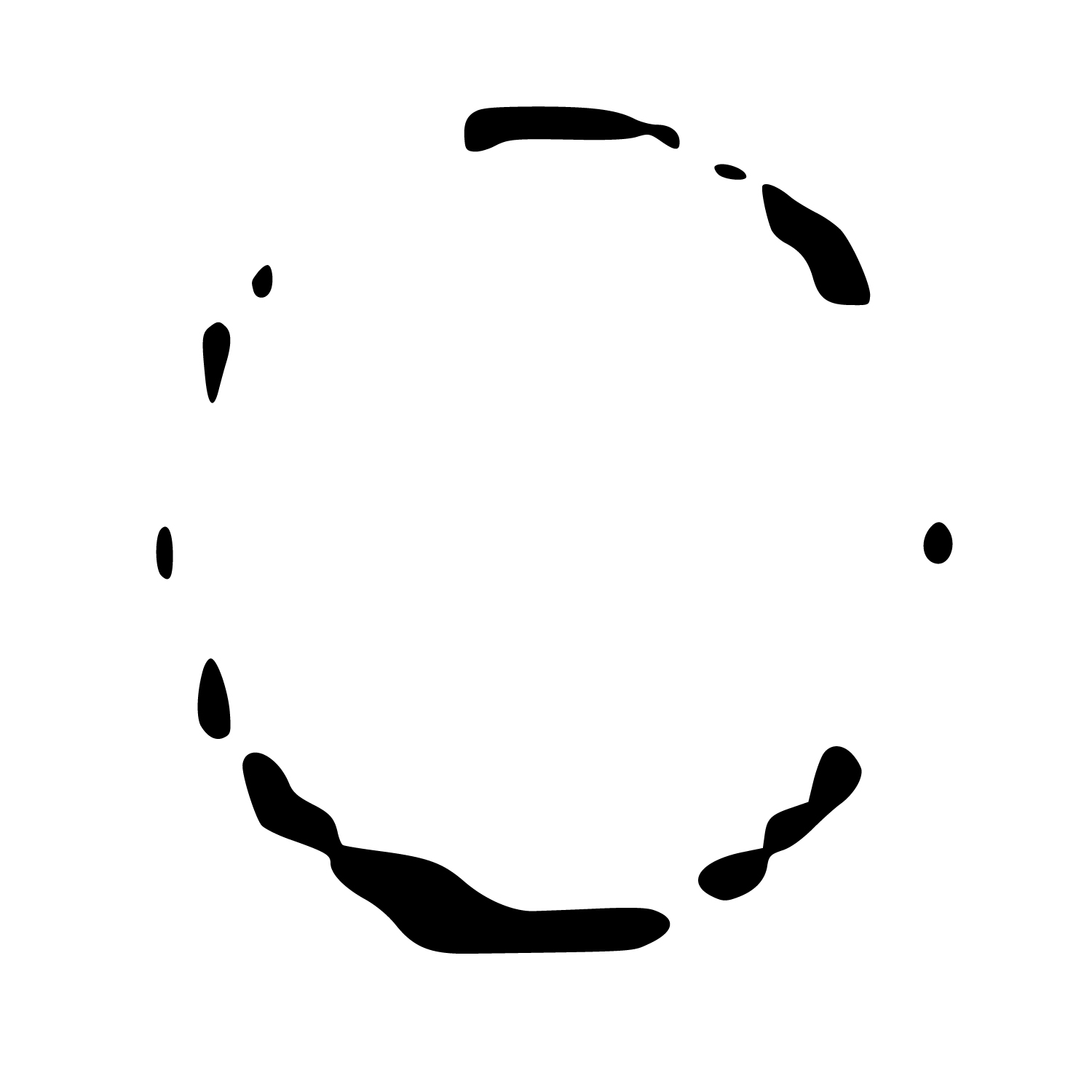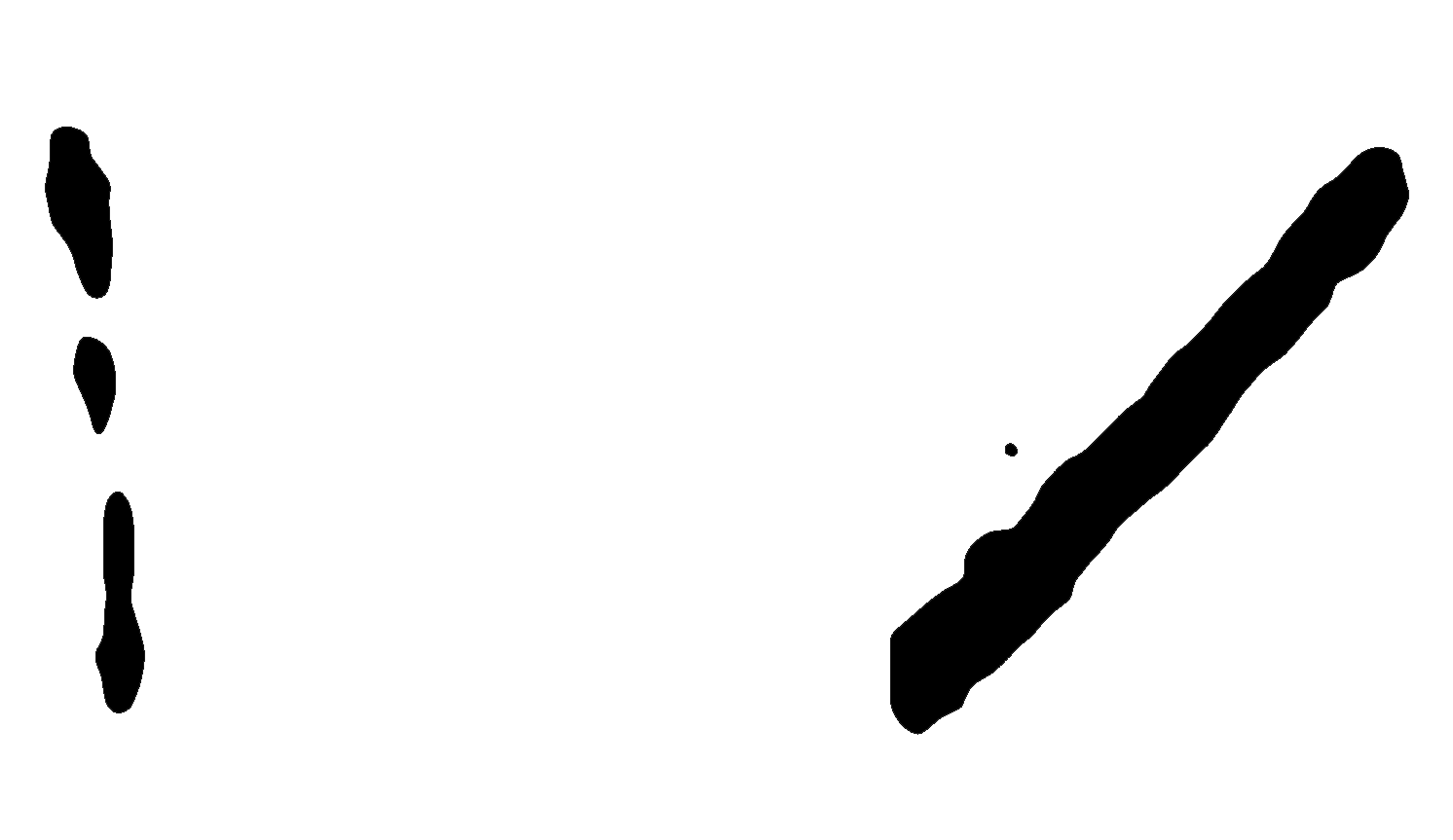[January 2019]
Scoring the Stacks
[October 2023]
will you help me find new words? my sentences are growing lonely and desire the company of others.
I am working on a few other code-based playthings focused on word games and language constraints. They foreground my interest in intuitive, constrained, chance-based composition and a deep desire for collaborative writing. I am calling these invitations and games petite and lo-fi-coded playthings. I am basically creating homework assignments for myself because I have always been that person (— like that time in elementary school when I thought my teachers were not assigning enough homework so I *publically* asked for more homework and went on to literally create my own worksheets…needless to say, I was not a popular child!) The first writing constraint system I (consciously) created was in the summer of 2020 when I was doing a short-term residency at Tiger Strikes Asteroid.
Designing what I call petite and lo-fi-coded playthings (both simple code and more analog versions) is a reminder that at the heart of these playthings is the invitation to other possibilities; what other forms are possible? How can the constraint offered, open us up? I believe unpredictability can be offered as a language of liberation. By unpredictability, I mean the welcomed disruption of the expected program, the pleasurable unfamiliarity with the unfolding part of the story, and the inability to name the thing that now exists because no language can even begin to capture it. I do not think liberation is as simple as breaking syntactical structure; however, the analogy of a writing system offers up the schema of “waywardness” (in the way both Emily Dickinson and Sadiya Hartman talk about) and internal rebellion.
Weeks ago, I wrote this:
I want the sentence to feel unfamiliar and fleeting. This discomfort can be invitation to a different sort of relationality where the knowledge that is prioritized is not which comforts the existing reign of an epistemology or sentence structure, but that which challenges it. I think that if we can read a sentence that bypasses the statistical expectations of collocation, then maybe we can also consider the possibility of systems that disregard the historical expectations of who does and does not survive.













